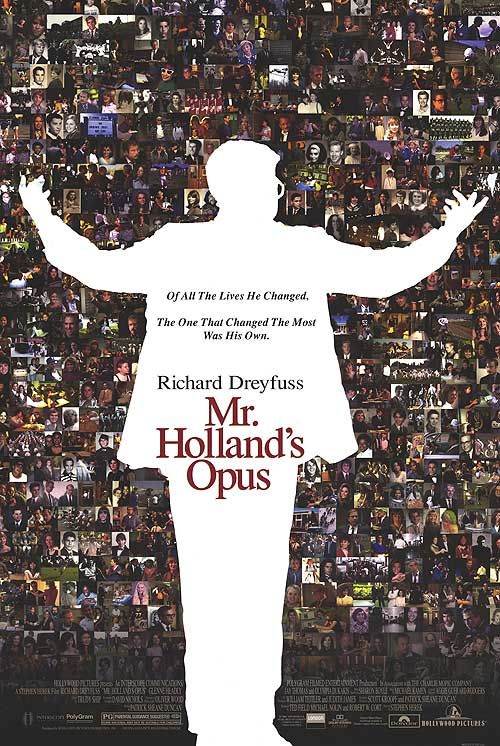
Hulu Allows Church’s Ad After Initially Flagging for ‘Religious Indoctrination’
By Movieguide® Contributor
After receiving legal pressure, Hulu has decided to change its stance after preventing a Texas church from advertising on the platform, citing “religious indoctrination.”
“We are grateful to Hulu for its quick response to our demand letter and for accepting Hulen Street Church’s ad,” said First Liberty Institute Senior Counsel Jeremy Dys in a statement. “In the future, Hulu — and others in Big Tech — could avoid these kinds of conflicts by adopting advertising policies that do not discriminate against religious organizations, being transparent about its advertising policy, and applying it fairly.”
Dys explained the streaming service’s advertising policy in a statement to CBN earlier this week.
“Hulu…has a bunch of ads that they allow people to put on the platform if you’re an approved advertiser, he said. “Hulen Street Church…decided to open up a new [Thursday] service time for people who aren’t able to get to Sunday services, and they wanted to advertise that locally like they’ve done in a lot of other places, and so they became an approved advertiser.”
“They submitted their ad, and it was rejected. They submitted it again, and it was rejected again,” Dys continued.
The 22-second ad featured Hulen Street Church’s pastor, Wes Hamilton, informing families about the new Thursday night service for people who can’t regularly attend church on Sundays. The church had previously placed similar ads through Facebook, Instagram and Google.
“Does your work schedule or busy family calendar not allow you to attend church on a Sunday morning?” Hamilton said in the ad. “If so, I want to invite you to Thursday nights at Hulen Street Church.”
After the second rejection, Hulen Street Church asked Hulu why it was being rejected and was shocked by the platform’s response.
“Hulu came back and said that advertisement violated their guidelines because it engaged in religious indoctrination, and so that’s why they lost their ad,” Dys explained. “They couldn’t post their ad because it engaged in religious indoctrination.”
“Apparently, just telling people that you have a church service available to them at a certain time and day of the week is religious indoctrination to the people at Hulu,” he added.
After receiving Hulu’s claim of ‘religious indoctrination,’ First Liberty Institute sent a letter to Hulu’s Deputy Chief Counsel, Angie Kang, asking for further clarification about this policy. Hulen Street Church has since been allowed to run the ad on Hulu.
While Hulu’s change of course is positive, it is disheartening that it flagged the advertisement in the first place, and it highlights a larger issue within the tech space.
“Treating a simple advertisement about church service times as indoctrination is absurd,” Dys said. “Hulu’s rejection of this simple, 22-second ad demonstrates exactly why clear, fair standards are needed throughout Big Tech. If a church cannot even advertise where and when it will meet, what else is Big Tech willing to censor?”
The question of social media platforms’ ability to censor is currently being debated in the Supreme Court as laws in Texas and Florida protecting politicians from being silenced on social media are being ruled upon. This ruling will set the standard for Big Tech’s ability to censor opinions they disagree with in the future.
“The logic that the social media platforms are saying is, ‘If we host speech then it’s our right to decide what’s on our platform and what’s not,’” Daniel Cochrane of the Heritage Foundation told CBN. “But that’s not true for any other kind of common carrier.”
Movieguide® previously reported:
Earlier this week, the Supreme Court began hearing a case that will decide the future of social media platforms’ rights to censor content.
The case will determine the constitutionality of current laws in Texas and Florida that limit the power of social media platforms to censor content on their sites. These laws were passed in response to the consistent censorship of right-leaning politicians and public figures who have been silenced for sharing their opinions.
While this silencing is continuously happening, it is most notable on polarizing topics, such as the pandemic or gender issues, which has caused thousands of right-leaning users to be banned or shadow-banned by the sites.
To combat this unfair treatment, the Florida law prohibits platforms from banning users who are candidates for public office or are engaged in “journalistic enterprise.” Texas, meanwhile, prohibits social media sites from removing content based on a viewpoint.
Questions or comments? Please write to us here.


 - Content:
- Content: 

